Extreme weather events can cause widespread destruction, putting vulnerable communities at greater risk of falling deeper into poverty. When heatwaves, hurricanes, floods, tornadoes, and wildfires strike, they expose children and families to increased risks of harm and danger.
The severe storm system that began on March 14 swept through the central and eastern U.S., unleashing 87 tornadoes, dust storms, and high winds. At least 39 people lost their lives, with Mississippi and Missouri experiencing the most severe impacts from the tornadoes. Wildfires in Oklahoma and Texas, along with dust storms in Kansas and Texas, compounded the devastation.
In response to these devastating events, World Vision takes swift action — around the world and in the U.S — to deliver lifesaving aid, including providing essentials like food, clean water, and hygiene kits. But our efforts don’t stop there. We keep working alongside communities to help them build resilience and prepare for future disasters. This includes investing in early warning systems and equipping communities with the tools they need to respond effectively to weather hazards.
“Children are one of the most vulnerable groups in the midst of crises and often have no idea of the magnitude of the events they are experiencing. They find themselves away from home, family, and friends,” said Thiago Crucciti, World Vision’s national director in Brazil, reflecting on the devastating 2024 floods in Brazil. To address this need, World Vision helps families access psychosocial support and Child-Friendly Spaces so they can start to regain a sense of normalcy. “Without an appropriate intervention, these events could leave lasting scars. We must respond now to ensure that they get the support they desperately need,” Crucciti said.
Beyond our immediate emergency response, we also collaborate with communities on long-term projects like land restoration, infrastructure improvements, and community development. These efforts improve food security, restore ecosystems, and open economic opportunities — critical steps toward long-term resilience.
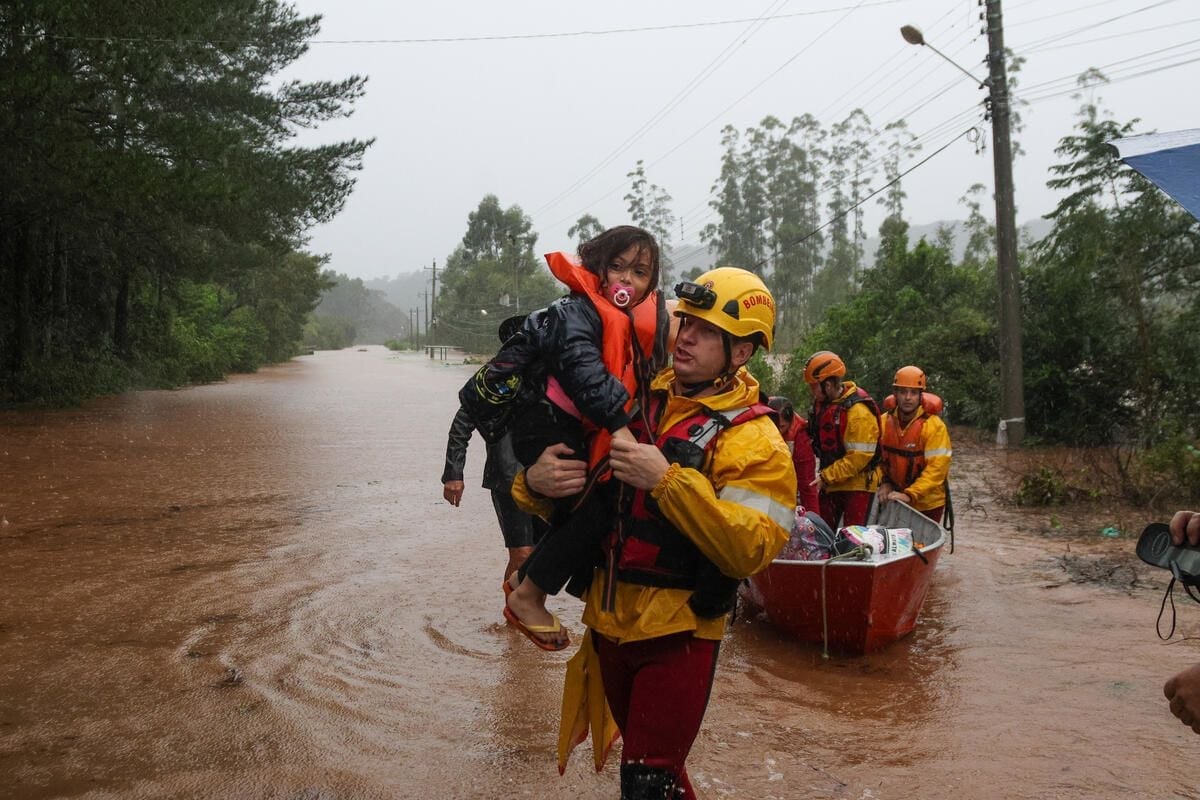

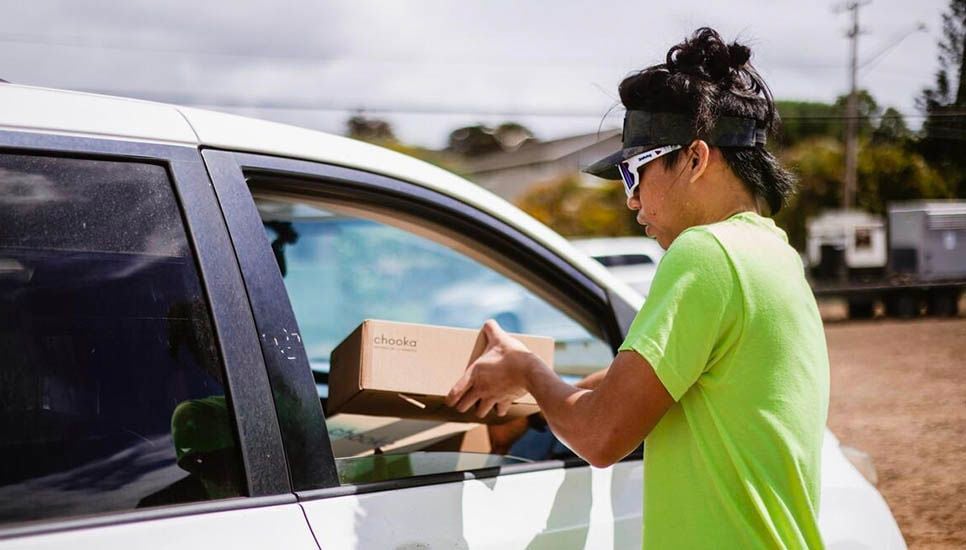
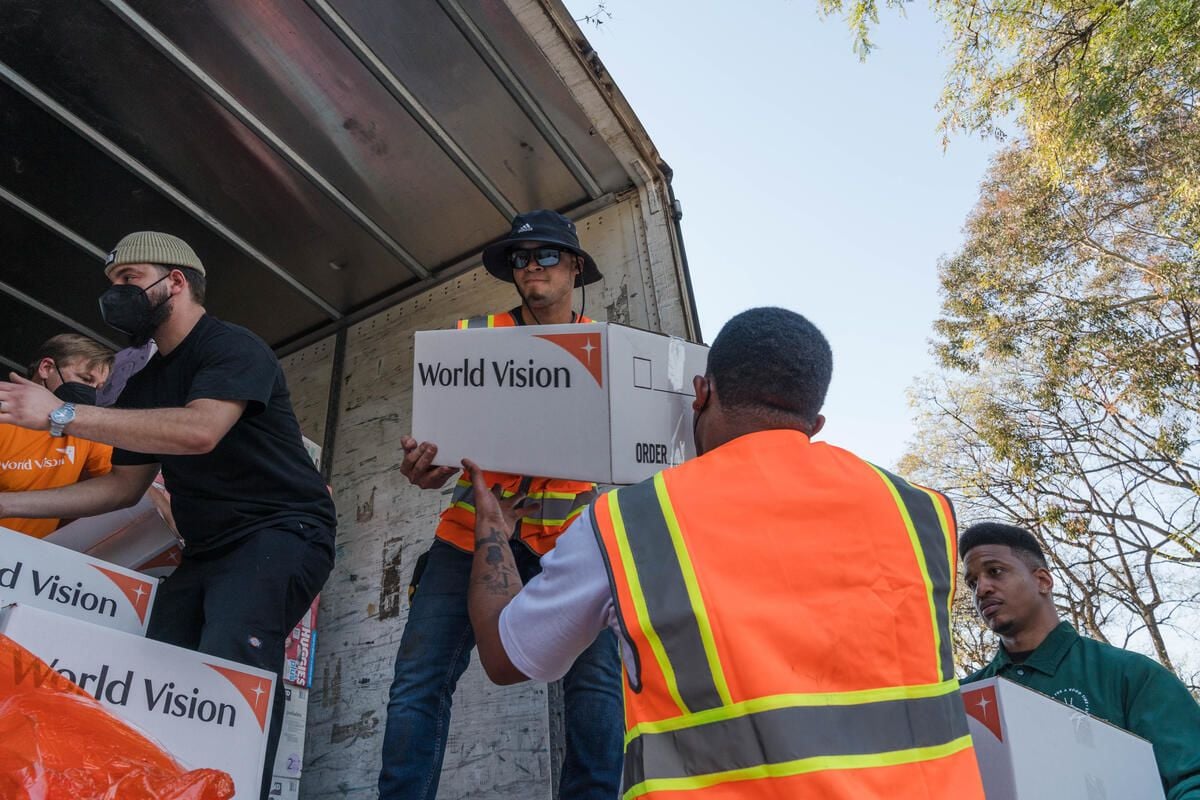
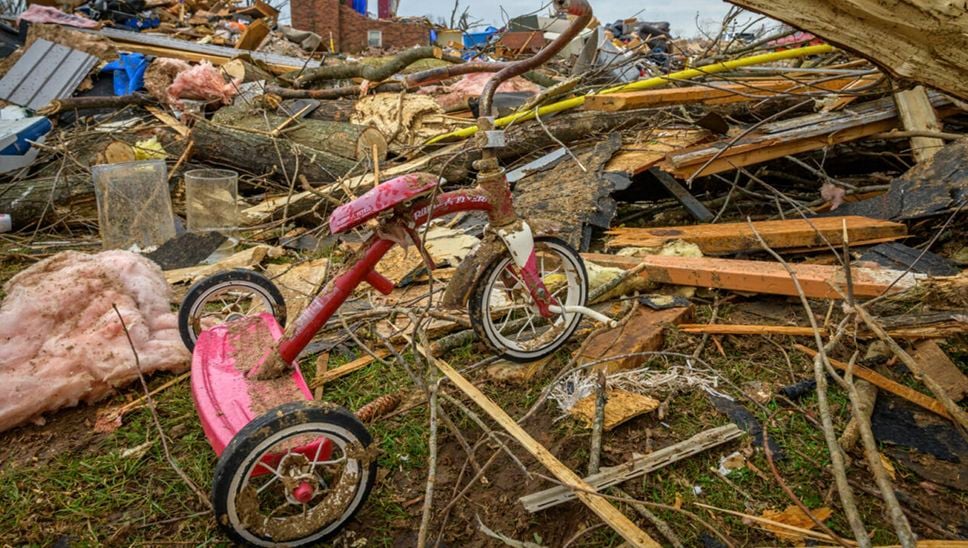
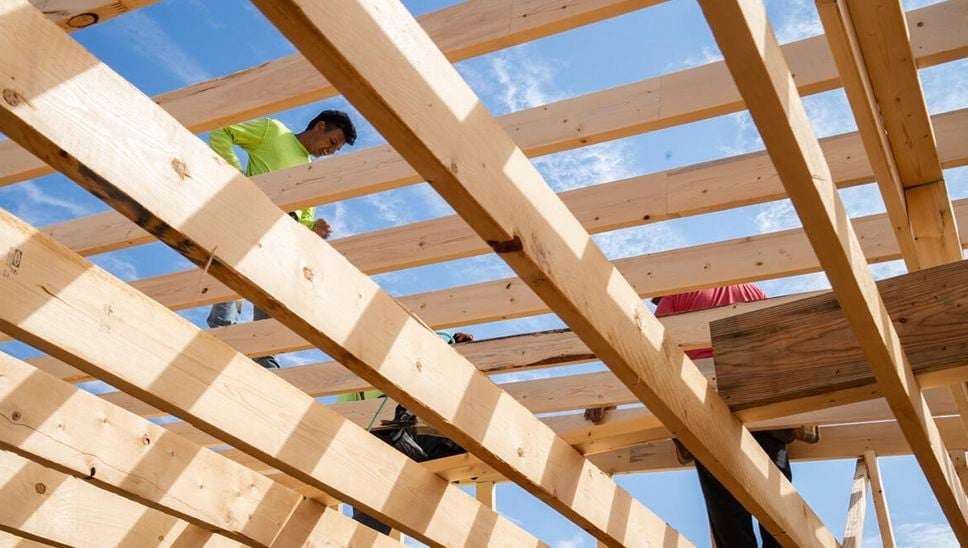
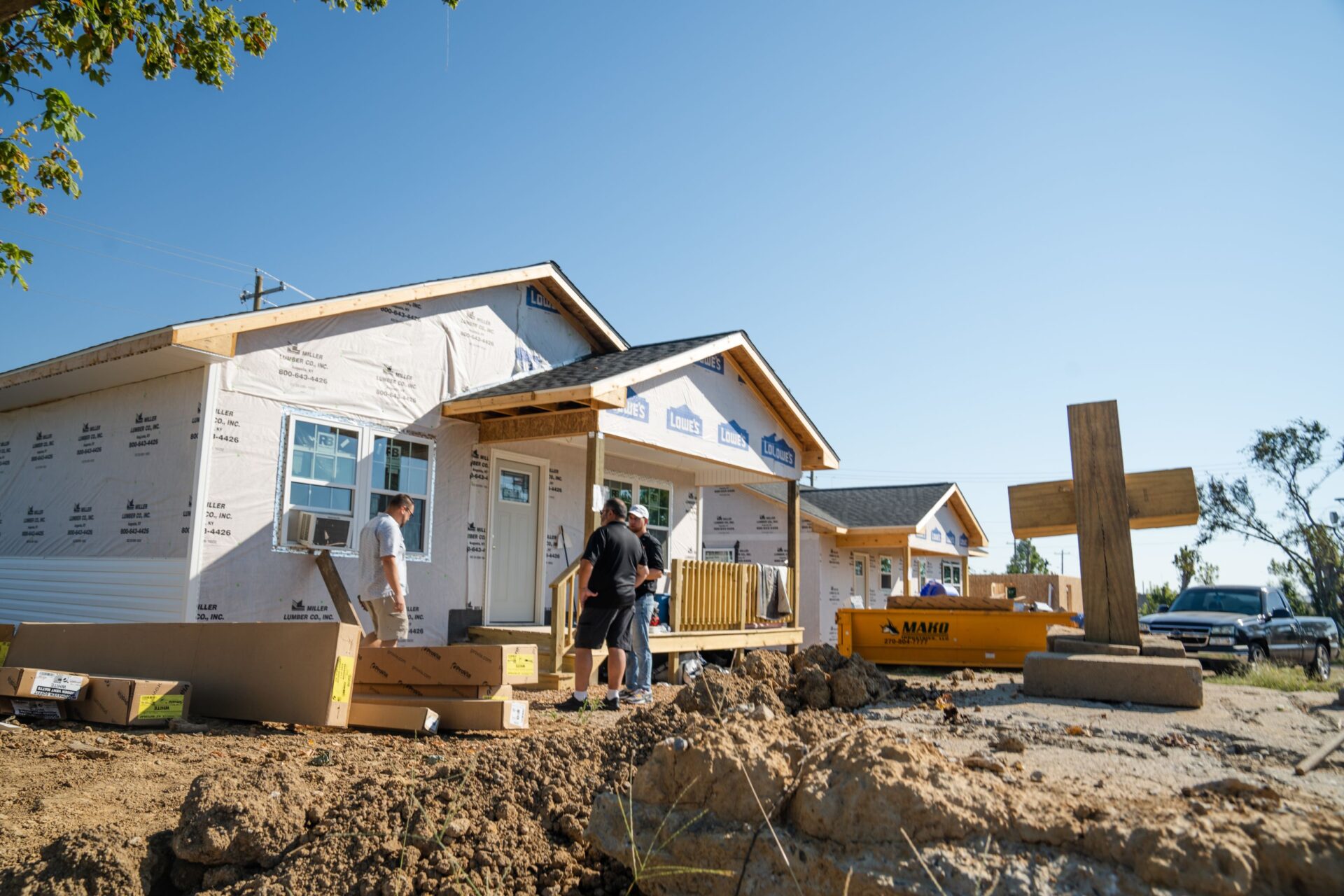
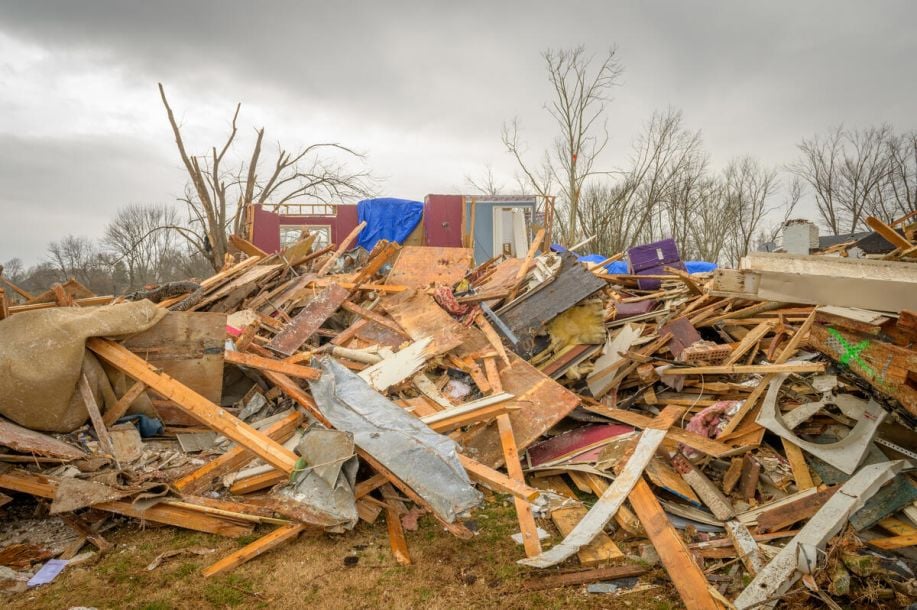



Comments